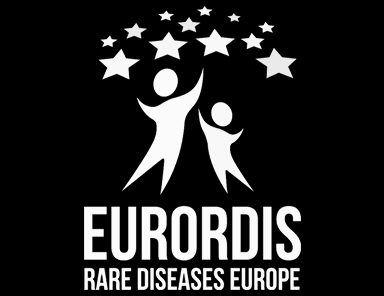
HENDRIKSZ Chris
Chris Hendriksz qualified as a medical doctor in South Africa in 1985 from the University of Pretoria. He completed his Master’s degree in Sports Medicine at the same university. Following a rare disease diagnosis of his own child, he moved to the United Kingdom, where he continued his studies, becoming an expert in inborn errors of metabolism across all ages. He obtained his MRCP and FRCPCH with subspecialty registration after training at the world renowned Willink Unit in Manchester, UK.
He spent 22 years in the UK National Health Service in various roles leading both pediatric Birmingham Children’s Hospital and adult Salford Royal NHS foundation trusts rare disease centres with patient populations in excess of 1500 at each unit. Currently, he is an Extraordinary Professor of Human Metabolomics at North-West University, Potchefstroom, South Africa, and an Extraordinary Professor of Paediatrics and Child Health at the Steve Biko Academic Unit, University of Pretoria. He was employed by Nestlé Health Science as the Global Clinical Development Lead for Rare Diseases, IEM, and Innovative Pharmaceuticals until his retirement at the end of March 2024. Post-retirement, he will continue his lifelong passion for medical education and supporting rare disease service developments in low- and middle-income countries.
He is currently the Chief Community Impact Officer for A Rare Cause, a non-profit organization based in England that educates clinicians on rare disease management in more than 50 countries, with the list growing yearly. Building diagnostic networks and AI associated tools to support their work. This creates “hope for those with the least chance of being recognized,” in his own words. He also provides expert knowledge as a consultant for FYMCA Medical Ltd, a family-owned company, to patient organizations, foundations, regulators, and payors in his field of expertise.
His publication list includes more than 250 works, with the majority focusing on Lysosomal Storage Disorders. He has numerous publications related to clinical trials, quality of life, clinical guidelines, and review papers, as well as several book chapters in the field of inborn errors of metabolism.





